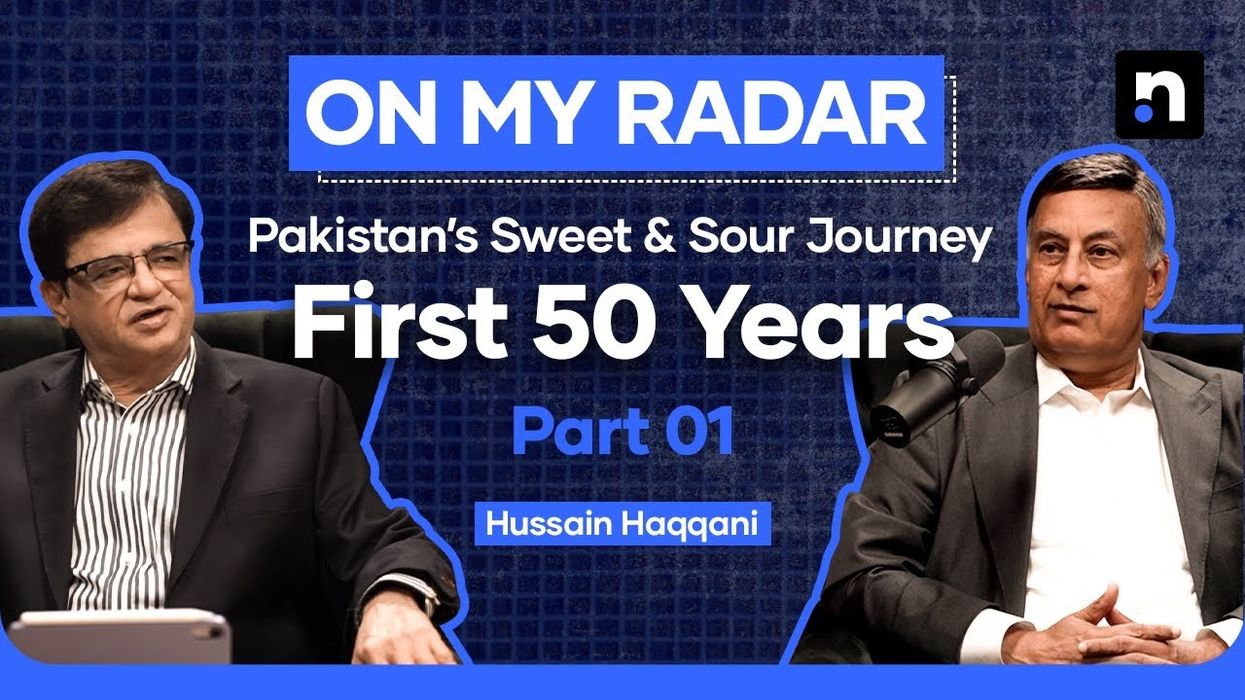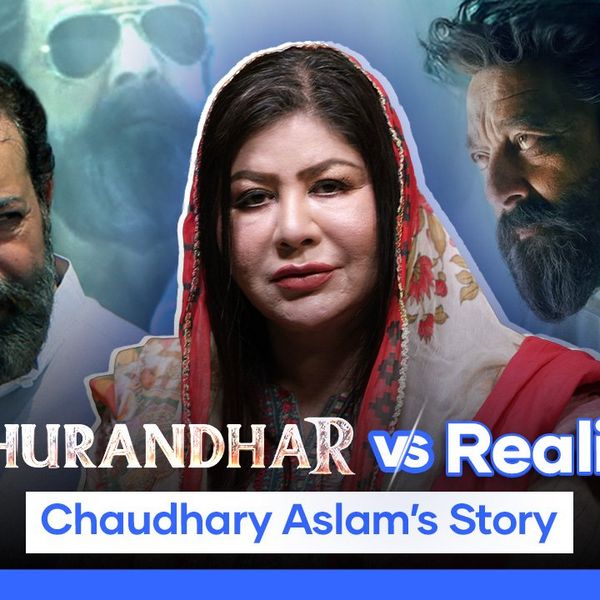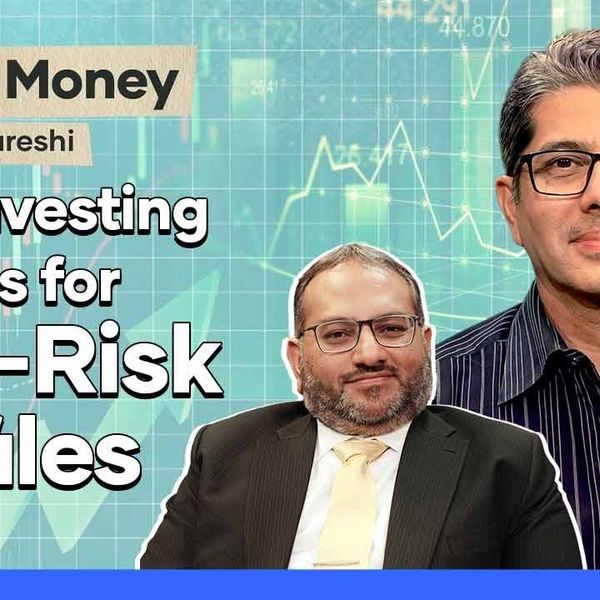Husain Haqqani reveals bitter truths, sweet lies of Pakistan's past
In conversation with Founder and CEO Nukta Kamran Khan, former ambassador says President Ayub miscalculated U.S. support during the 1965 war with India
News Desk
The News Desk provides timely and factual coverage of national and international events, with an emphasis on accuracy and clarity.
Haqqani discusses Pakistan’s military strategy failures during the war, including intelligence misjudgments and underestimating India's capabilities
Former ambassador discusses Pakistan’s historical reliance on Western aid for military purposes and the shift in U.S.-Pakistan relations post-1965 war
Former Pakistan Ambassador to the United States, Husain Haqqani, delved into the missteps of Pakistan during the 1965 war with India, in a recent podcast interview with Nukta Founder and CEO Kamran Khan.
Haqqani criticized then-President Ayub Khan’s decision to start the war, stating that Khan had miscalculated both the response of Kashmiris and the support from the United States.
“Ayub Khan believed that since Pakistan was part of SEATO and CENTO, the Americans would back us in the war. He was wrong,” Haqqani said.
He described how Ayub Khan’s confidence in a swift victory was shattered when U.S. President Lyndon B. Johnson made it clear that the United States would not intervene in the conflict, despite Pakistan being an ally.
“Ayub Khan asked, ‘Will you get us Kashmir then?’ Johnson replied that it wasn’t within their power,” Haqqani recounted. This marked the beginning of a rift in U.S.-Pakistan relations that would lead to the suspension of American military aid.
The former ambassador also discussed the failures of Pakistan’s military strategy, noting the intelligence misjudgment that expected Kashmiri civilians to rise against India in support of Pakistani forces.
“We thought the Kashmiris would rebel, but they didn’t. In fact, they turned in our soldiers,” he explained.
Haqqani emphasized how Pakistan’s leadership underestimated India's capabilities, repeating the same mistakes in later conflicts, such as the Kargil War.
In the interview, Haqqani reflected on how Pakistan’s focus on military might over diplomacy, both during and after the 1965 war, had long-lasting consequences, including the rise of insecurity in East Pakistan, which ultimately contributed to its secession in 1971.
Reflecting on the broader diplomatic history, Haqqani explained that Pakistan had little choice but to align with the West following independence. “In 1948, the federal budget allocated up to 80% for military salaries. Pakistan needed resources from the West as aid from the Soviet Union was out of the question,” he remarked.
He further pointed out that Pakistan’s early leadership had focused heavily on military aid from the U.S. to counter India, a stance that was cemented when Ayub Khan became a symbol of close U.S.-Pakistan ties.
Despite that, by 1971, the U.S. had shifted its priorities, offering only diplomatic support rather than direct military intervention.
Haqqani also shared a more personal story, explaining how he made the transition from journalism to politics in the late 1980s.
He recalled a pivotal moment in 1988 when former prime minister Nawaz Sharif asked him to work for him. "I had to make an ethical decision—whether I could work for a politician as a former journalist. I told Nawaz Sharif that in Western countries, journalists sometimes leave their profession to become spokespeople for political figures. So, I proposed a similar experiment, suggesting he give me an official position, and I would leave journalism."
Haqqani further reflected that after 1988, he no longer considered himself a journalist. He described Nawaz Sharif as a practical, non-ideological person, emphasizing that the anti-PPP mindset that began in 1977 was still active when Nawaz Sharif came to power in 1990.
By the early 1990s, Haqqani said he had gained deeper insights into governance. He also highlighted his time as Pakistan's ambassador to Sri Lanka in 1993, where he built relationships with social democrats, noting that both Nawaz Sharif and Benazir Bhutto were champions of economic development. He admitted that by 1993, he recognized that both Sharif and Bhutto had been treated unfairly by the establishment.
Haqqani shared that his close relationship with Benazir Bhutto lasted from 1993 until her assassination, a relationship she fondly recalled in her book, noting Haqqani’s "honest and sincere" advice throughout their time together.











Comments
See what people are discussing